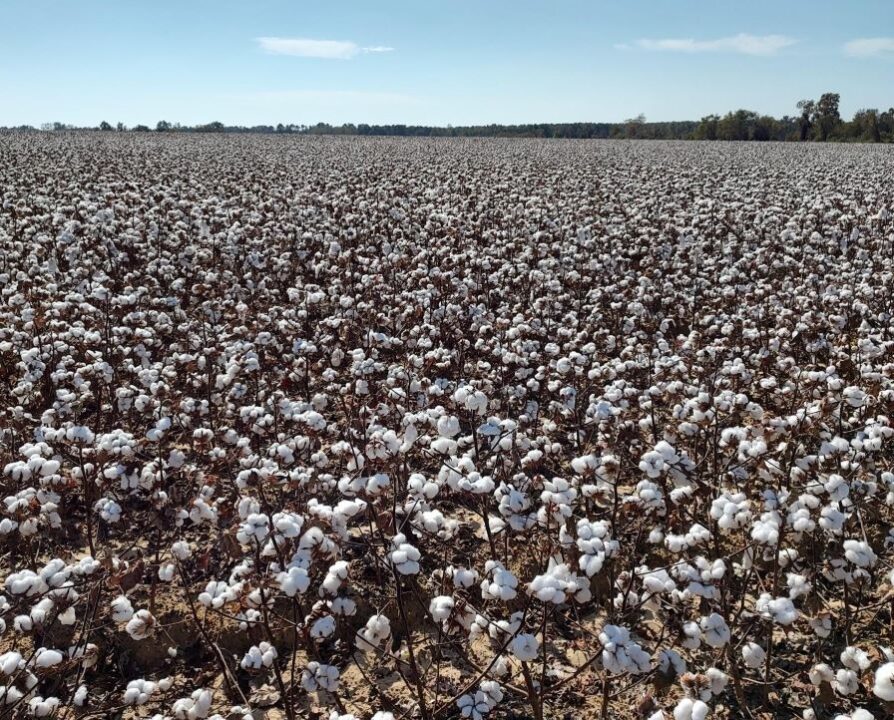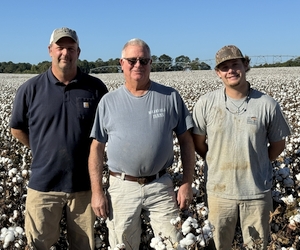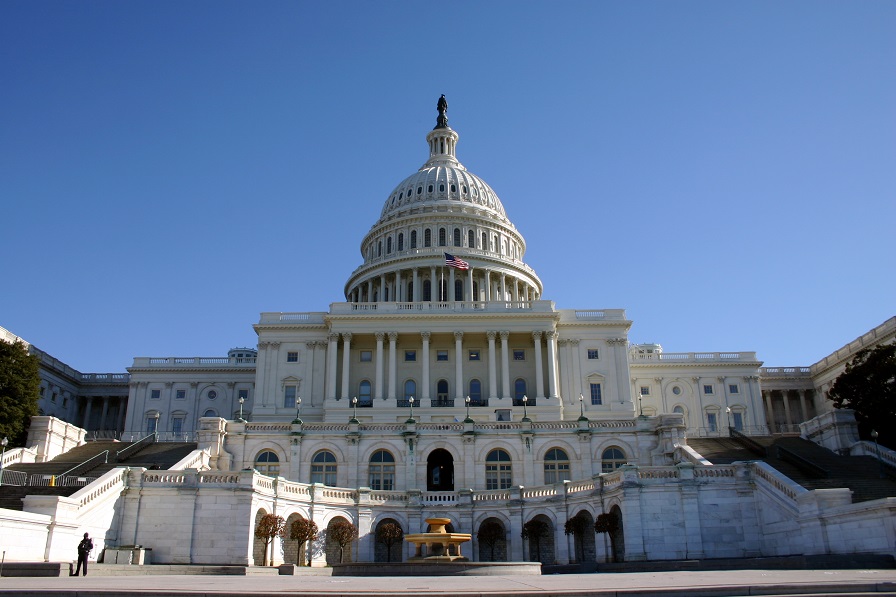Monsanto Says Africa Ready to Increase Biotech Cotton Plantings
Bloomberg
Aya Takada
Monsanto Co., the world’s biggest seed producer, expects African countries to increase planting of genetically modified crops to boost food security and economic development as the region is affected by climate change.
Burkina Faso plans to double the area planted with the company’s insect-resistant cotton next year from 129,000 hectares (318,766 acres) this year, Natalie DiNicola, director at Monsanto’s public policy and sustainable yield division, said in an interview recently.
Monsanto is introducing new modified seeds to boost yields as part of a plan to double gross profit from 2007 to 2012. Africa is affected by climate change as more than 95 percent of sub-Sahara cropland is rain-fed, DiNicola said in Tokyo.
Area planted with GMO crops, including corn, soybeans and cotton, topped 1.8 million hectares in Africa last year as Egypt and Burkina Faso began production of modified corn and cotton respectively, according to the International Service for the Acquisition of Agri-Biotech Applications. In the western African country, less than 50,000 hectares were planted with modified cotton in 2008, the industry group estimates.
Area planted with GMO cotton rose by more than 158 percent this year, covering about 25 percent of Burkina Faso’s cotton acreage, as the biotechnology is forecast to boost yield by 35 to 45 percent, DiNicola said.
“Cotton is a very important income-generating crop for smallholder farmers,” DiNicola said. Increased yield makes “a very big impact on their livelihood,” she added.
Monsanto’s earnings will fall in fiscal 2010, the company has forecast, ending eight consecutive years of gains as U.S. farmers spend less and Chinese competitors sell cheaper generic versions of its Roundup herbicide.
(Story found in original format here.)









